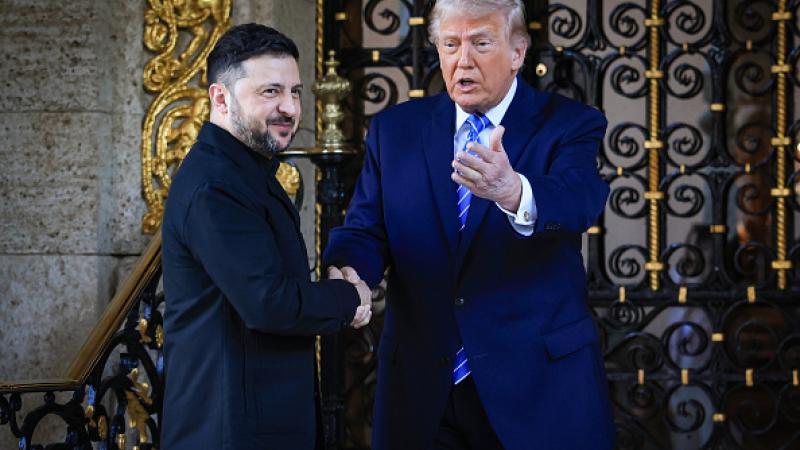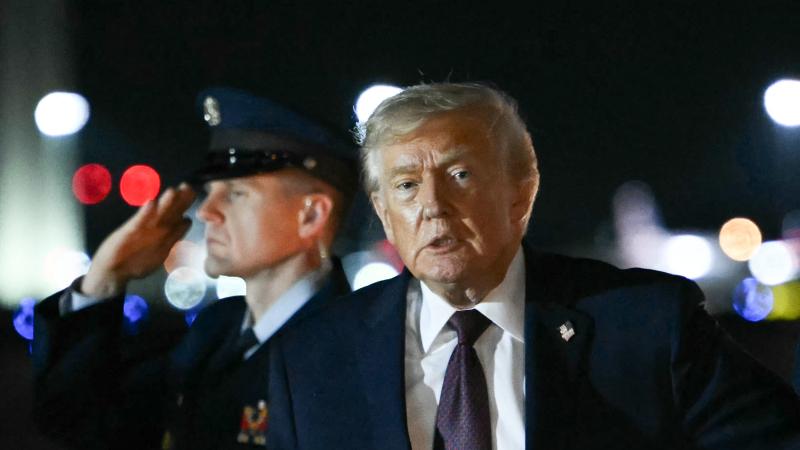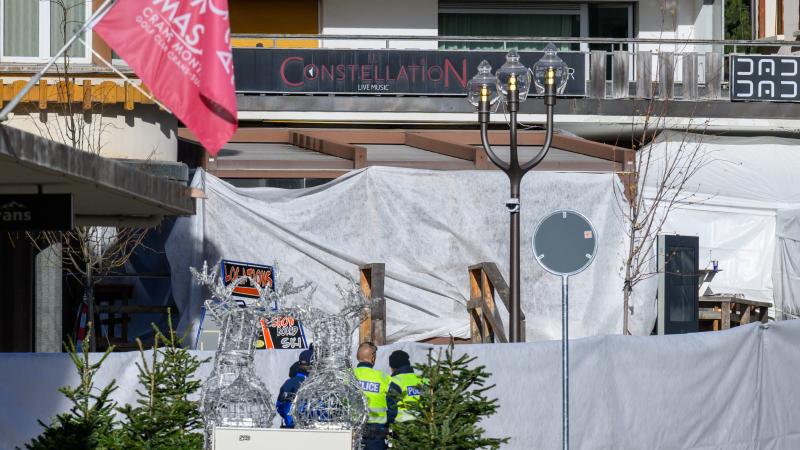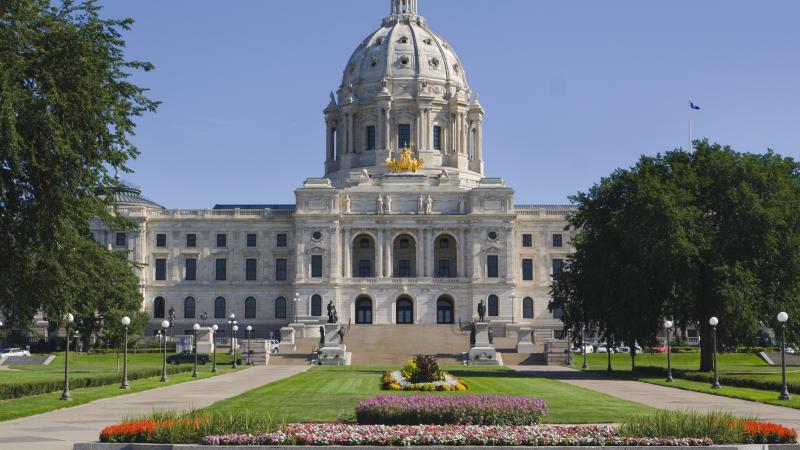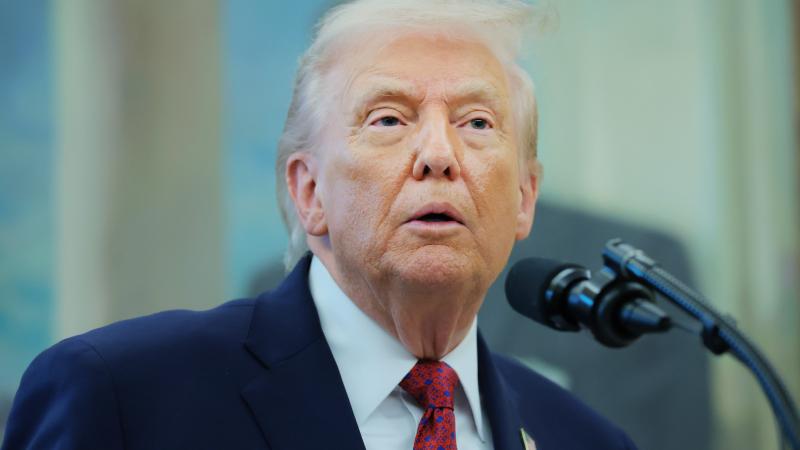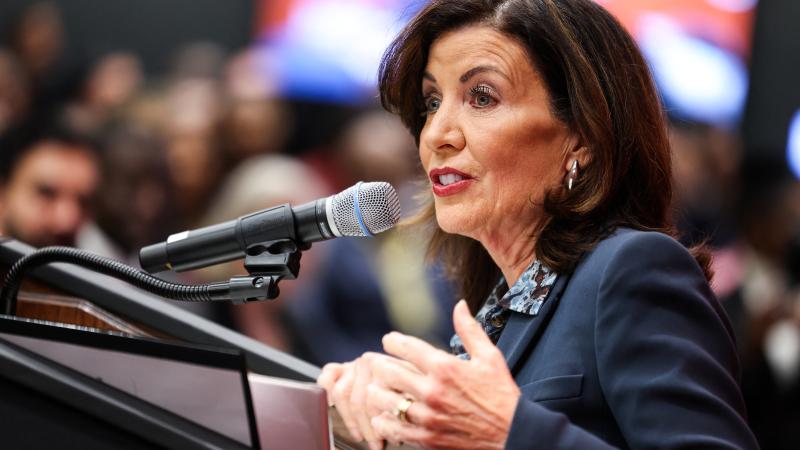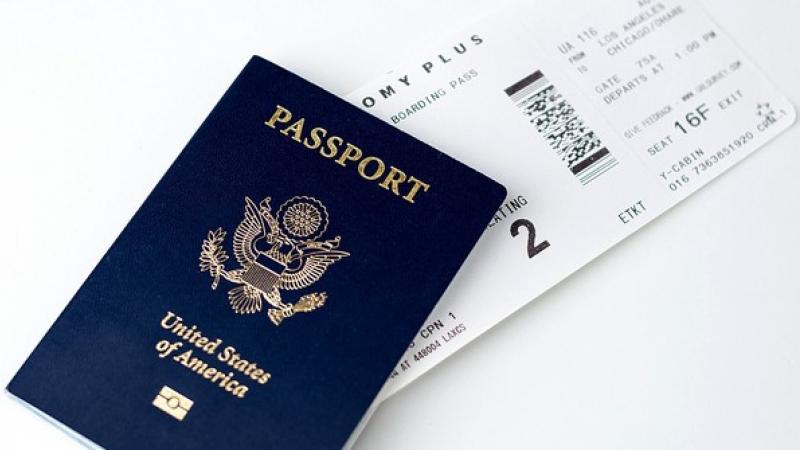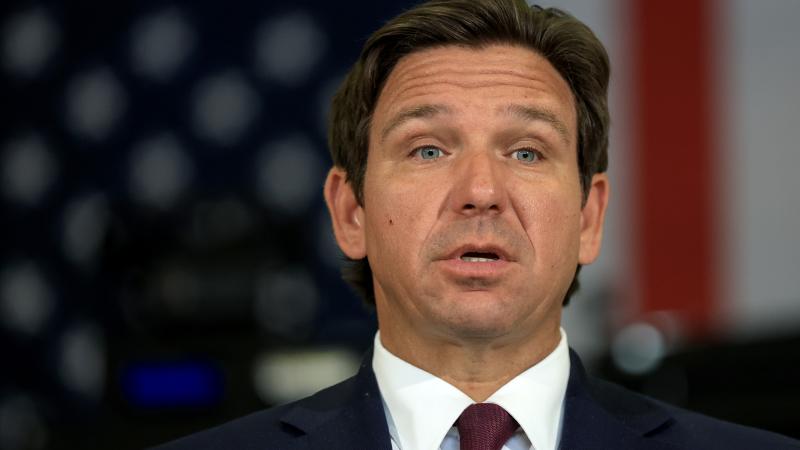Guatemalan president vows to oppose abortion even if critics call him 'a dictator'
Giammattei's remarks were made during his address at the International Religious Freedom Summit in Washington on Wednesday.
Guatemalan President Alejandro Giammattei defended his pro-life stance in the wake of the U.S. Supreme Court overturning Roe v. Wade, saying he doesn't care if critics call him a dictator for his opposition to abortion.
In Guatemala, abortion is illegal unless the life of the mother is in jeopardy.
Giammattei's remarks were made during his address at the International Religious Freedom Summit in Washington on Wednesday.
"In Guatemala we are receiving condemnation, but we are committed to maintain the integrity (of) life in spite of being named or compared as a violator of human rights, like Cuba and Venezuela, and be condemned and compared to nations that don't have anything to do with us," Giammattei said during the event, translated live from Spanish.
"If I'm named a dictator for the sake of promoting religious freedom, then I'm okay with that," he said. "If I'm going to be labeled a violator of human rights because I respect life from conception, then I am a violator of human rights."
Giammattei said the U.S. State Department regards his views as against the current "reality", but he pledged to continue to stay true to his faith.
"I will do what my conscience dictates and what my faith dictates," he said. "We are fighting for something special. We are fighting for faith."
Giammattei said he looks forward to having a similar religious freedom summit in his own country. He described a potential religious freedom meeting in Guatemala as important because it would help abortion opponents face "powerful enemies."
Florida Republican Sen. Marco Rubio said religious freedom is "attacked by authoritarian regimes" in "our own hemisphere" in places such as Nicaragua and Cuba.
"The United States has a critical role to play in shining a light on religious freedom violations worldwide and we're working to make that happen. Last year, my Uyghur Forced Labor Prevention Act became the law," he said.
"For too long our nation turned a blind eye to how nationless companies and large corporations benefited from slave labor. This new law will change that, helping to ensure that Americans are no longer complicit in the Chinese Communist Party's genocide of predominantly Muslim ethnic groups in Xinjiang."
Rubio told the summit that the law went into effect this week and "it's now up to all of us to make sure that the government is fully enforcing it."



